People of any age can turn to self-injury, it isn’t a ‘teen thing’.
 Before discussing adult self-injury, we should first clarify what the word ‘adult’ might mean. Generally it might refer to age, and for the most part this article is aimed towards people who are older in years. But ‘adult’ can also relate to responsibility, and at LifeSIGNS we are only too aware that there are many younger people who live very adult lives, and who face responsibilities and challenges far beyond their years. So whatever your age, if you consider yourself to be living an adult life, then these words are for you.
Before discussing adult self-injury, we should first clarify what the word ‘adult’ might mean. Generally it might refer to age, and for the most part this article is aimed towards people who are older in years. But ‘adult’ can also relate to responsibility, and at LifeSIGNS we are only too aware that there are many younger people who live very adult lives, and who face responsibilities and challenges far beyond their years. So whatever your age, if you consider yourself to be living an adult life, then these words are for you.
We hope by now we’ve managed to get the message across that self-injury isn’t a ‘teen thing’, and that people of all ages might rely on self-injury in order to cope. While younger and older people share many of the same challenges in life and with their self-injury, there are also different difficulties to face by people at different stages in their life.
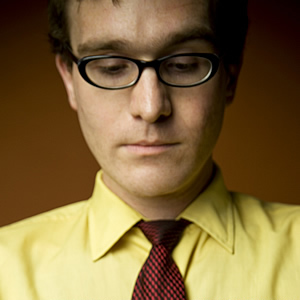 Perceptions
Perceptions
Because self-injury is often perceived as something ‘young people’ do, older adults can feel that it is something they should have ‘grown out’ of. These feelings can be even more difficult when an older person has turned to self-injury for the first time, rathe than discovering self-injury in their youth.
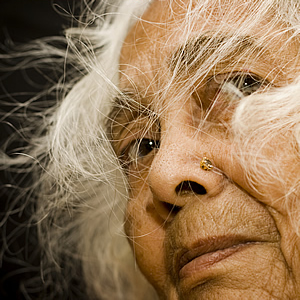 The media
The media
Although increasingly willing to raise awareness about self-injury, the media still focus on young people far too much. Even television programmes that include a self-injury storyline either tend to be programmes aimed at young people, or focus on a young person self-injuring. This sends out an inaccurate message, and increases feelings of isolation in older people who self-injure.
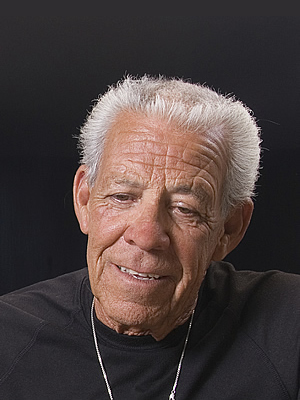 Less help
Less help
If you are older, it might feel that there are fewer organisations out there that can help you. There seems to be a lot of mental health and support related organisations that cater to people under 25; but if you’re over 25 it can be more difficult to find somewhere that you feel you ‘belong’. Often, funding for projects and support services is literally ring-fenced for the government’s or sector’s definition of ‘young people’, meaning that organisations are more likely to get funding / budgets if they develop services for young people.
Resources, funding, and the attitudes of some healthcare professionals, may make it more difficult for older people to obtain the professional help they need.
Young adults, once they hit a certain age, may find they lose vital support and resources that they had been relying on.
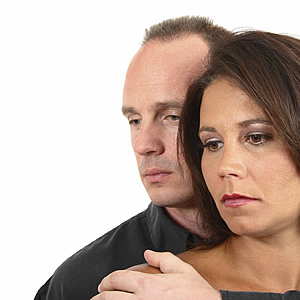 Friends and loved ones
Friends and loved ones
Friends / loved ones of adults may be less likely to be educated surrounding the subject of self-injury, making it more difficult for an adult to bring up the subject with loved ones.
Also, whereas young people are encouraged to talk about their self-injury with parents and loved ones, adults have to consider just who they can turn to.
 Responsibilities
Responsibilities
Adults, in general, have more responsibilities than young people. Whereas young people are usually the ones who are cared for, quite often adults find that they are only ‘carers’ and are not ‘cared for’ themselves. This not only means that they may receive less support, but it also means they have a responsibility to maintain their caring roles, while attempting to also care for themselves.
When a young person finds themselves in a caring role, the burden can be even greater. They are at a time of their lives when they are supposed to be the one being cared for, and yet while their friends might be living the ‘normal’ life that young people need, they find they are forced to take on adult responsibilities. This is damaging not only because they tend to miss out on the ‘fun’ side of youth necessary for emotional balance and wellbeing, but also because they don’t yet have the life experience needed to cope with such responsibilities.
This is also true for young people who although may not have to care for others, neither are they cared for themselves. Some young people are left to fend for themselves, without the support, nurturing and guidance necessary for emotional balance, growth and wellbeing. It’s not surprising that life can feel overwhelming.
Shame and secrecy
Considering all these matters, shame and secrecy, while common in anyone who self-injures, may be even more burdensome for older people.
 Time
Time
Adults who are juggling careers / families / finances may have less time for themselves than some younger people, making it more difficult for them to engage in hobbies and activities that can enhance health and happiness and provide much needed distraction.
Similarly, young people forced to cope with adult responsibilities will not have the time they need for themselves. They may have to care for others, or they may have to juggle school with a job and household responsibilities. We don’t mean the usual responsibilities that a young person might expect, such as household chores, helping care for younger sibblings occasionally, or working to earn money for themselves. We’re talking about people who run their households, or are the sole carer for another person, or who are forced to work in order to financially support others. These people are far less likely to have the time they need to care for themselves.
The feelings of loneliness, isolation and lack of time can be even more enhanced for young people in these situations, because they are only too aware that their lives are not the norm, and that their peers are leading a far more care-free life.
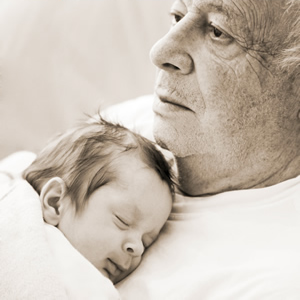 Drivers
Drivers
Because of their increased life experience and more complex daily lives, adults (or young people living with adult responsibilities) may have a wider range of ‘drivers’ that could lead to self-injury.
How we can help
Whatever your age or responsibilities, you are not alone. People of all ages and in all kinds of circumstances turn to self-injury in order to cope. And everyone deserves help and support.
LifeSIGNS is a fully inclusive organisation and our members range from young teenagers to older people who have retired. Our resources are written for ‘people’ who are affected by self-injury, and we offer guidance and support for everyone.
Whether you need advice for moving away from self-injury, distraction techniques, hiding scars, obtaining professional help, talking to loved ones, getting through the urge to self-injure, or just somewhere to talk about the things that are going on your life, we are here for you.
We are constantly looking to improve and increase the resources we offer to people who self-injure. So whether you’re an adult in years, or a young person living an adult life, we’d appreciate hearing from you. If you’d like to share your own personal story with our members, or if you have suggestions for ways in which we could improve our resources to help more people like you, or if you’d like to challenge or discuss any of the points raised in this article, then please do contact us.

166 Comments
Dom
August 16, 2025I’ve been hurting myself today. I’m nearly 40 and have a professional job, wife, kid, and dog.
I feel ashamed, but better in a weird way. [Edited to remove graphic and specifically detailed behaviour.]
I have not cut myself for almost 30 years, and I am a bit worried that this is going to be an ongoing thing again now.
I told my wife cause I had no one else to tell. Kind of wishing I had found this page to vent first, cause I don’t want to worry her, or use it against me.
Hope everyone is ok after coming to this page.
Dollydo
June 19, 2024Hi I’m looking at accessing the Well being service which is though your Doctor, which I’m hoping won’t take long as I’m not in a good head space at the moment, can I ask if anyone else has received this service
chriscage55@outlook.com
June 18, 2024Hi, I’m 69 and didn’t start self-harming until lock down 2020. The only reason why I think I started was I had an accident in the garden and injured my hip. I felt so silly as when I done it, and that seems to have been triggered I then lost my confidence and thats when the anxiety and depression set in it was all down hill form there. I just started to get help now which hopefully will start to work with this situation, as I really want to stop doing this.